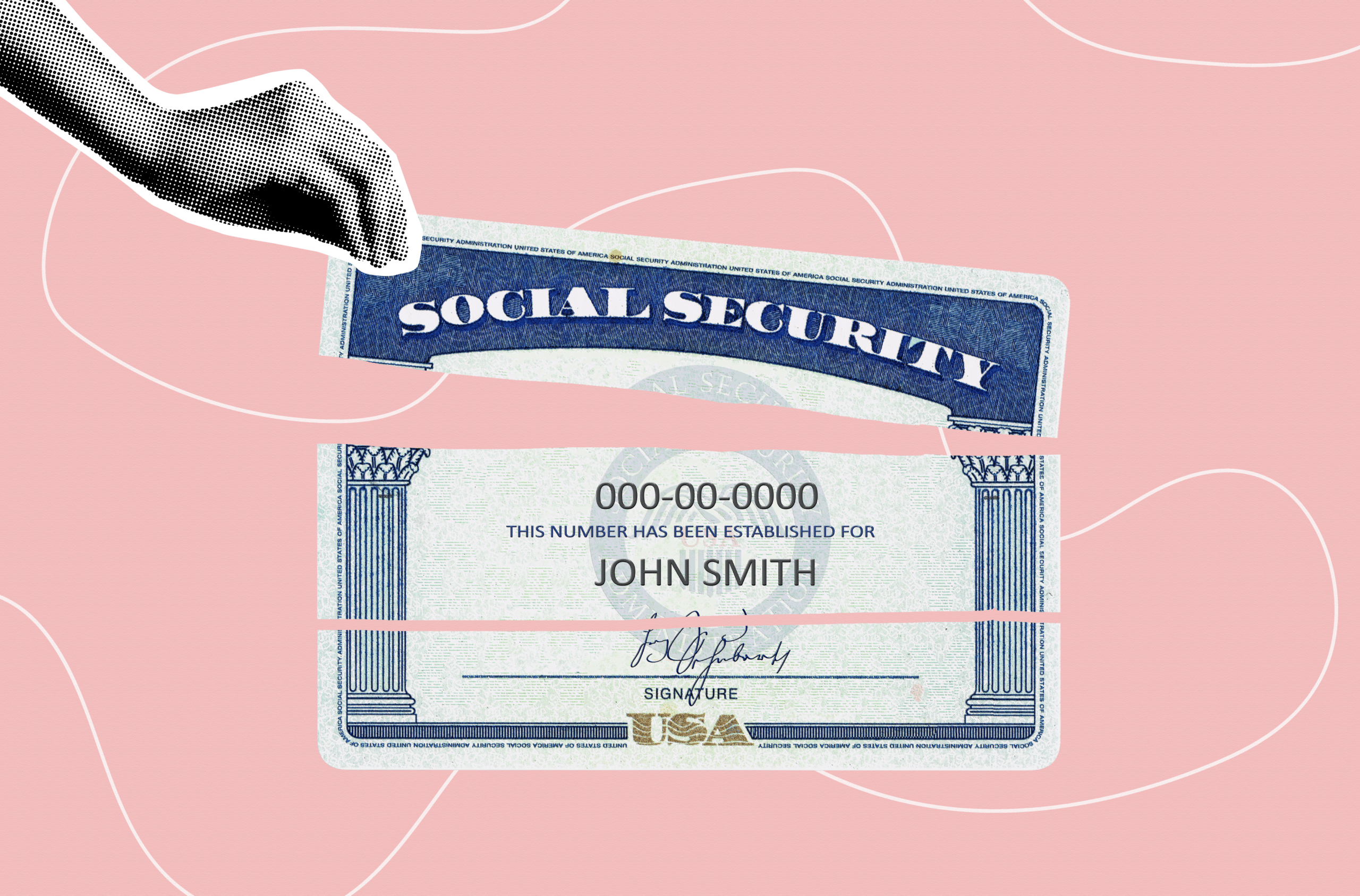
Social Security Must Be Taxed

According to the federal government, one-third of retirees rely on Social Security benefits for nearly all of their income.
One of them was my grandmother, who spent her entire life in near poverty in Mississippi’s Appalachian foothills. Her husband and both of her children preceded her in death, so after her passing, I got a look at her stack of grim financial papers. There was next to nothing. That monthly check was all she had to feed herself.
President Donald Trump’s proposal to eliminate taxes on Social Security benefits, thus, sounds like a good thing, and is likely to be included in any “big, beautiful” tax bill that could eventually wend its way into law. But it’s a terrible idea.
Don’t get me wrong—there’s an awful lot about a big, beautiful tax bill that appeals to me, in particular the full extension of the 2017 Tax Cuts and Jobs Act (TCJA). I’m for the TCJA’s lowering of corporate tax rates, including for pass-through entities. I support the lower marginal personal rates.
But within a decade, Social Security could run short on funds to pay full promised benefits. Removing taxes would hasten the program’s insolvency by at least a couple of years, harming retirees more than the taxes do themselves.
In 1970, there were 5.7 workers for every person over the age of 65. As of 2020, that number had declined to 3.7—fewer workers to bulwark Social Security against an aging population. As a 65-year-old myself, I am grateful for all of the Generation X-ers, millennials, and Generation Z-ers who will pay the freight when I eventually retire to my Florida house. And if Congress passes the president’s plan, I will take the benefit— albeit regretfully. After all, it’s the next generation’s problem.
Elon Musk called Social Security the world’s biggest Ponzi scheme—and he’s correct, in the sense that taxpayers who are newer to the program are paying the benefits of those who came earlier. There are further differences and similarities—Social Security, for one, is not a criminal enterprise but it does risk leaving later participants with little to show for their payments. The retirement and disability program has been running a cash-flow deficit since 2010. When the Social Security Trust Fund is depleted, the people who rely on the program for some of the bulk of their income would see a sudden 21% cut in their monthly checks in 2036. (Musk’s statement reminded me of the definition of “gaffe”—that is, when a political figure inadvertently speaks the truth.)
Any random group of actuaries could, in an afternoon, solve Social Security’s long-term solvency crisis. A balance would have to be struck, but elements would include raising the retirement age, lifting the earnings limit on paying into the fund, and/or means testing for benefits. All of which are complete non-starters politically. Congressional Republicans and Democrats alike have shown no appetite for touching this third rail of policy.
Twenty years ago, after President George W. Bush’s reelection, he announced that Social Security reform was his top domestic priority. “I earned capital in this campaign, political capital,” he said, “and now I intend to spend it.” He was as good as his word, proposing a plan centered on partly privatizing the program by using voluntary personal retirement accounts. The effort was a disaster, never being reported out of any congressional committee. The AARP currently has 38 million members. The organization’s raison d’être is preservation of benefits with a stubborn resistance to any reforms except tax hikes. Members of Congress rightfully fear it.
According to research from Allianz Life, more Americans cite depleted financial resources as their top worry than those who put death at No. 1. The fear that Social Security won’t be sufficient was cited as a top reason.
Commercial insurance brokerages are already among the largest retirement plan consultants in the nation, offering highly personalized solutions. The expansion of Council member firms into wealth management consultancy is one of the most notable aspects of massive industry consolidation and growth during the last 15 years. But a solvent and strong Social Security system should be the baseline for American retirement.
About half of those receiving Social Security don’t pay federal income taxes on the benefits. But the income levels for the tax rates are static, while Social Security payments are adjusted for inflation. So as benefits increase, there’s a greater likelihood of taxes. The 1983 law that stabilized the system intended for all benefits to be eventually subject to taxation.
The Penn Wharton Budget Model is a nonpartisan research organization that provides economic analysis of public policy’s fiscal impact. It estimates that more than 60% of “current living households” and 95% of retirees would benefit from eliminating the Social Security tax.
But, it adds, “all future generations would be worse off.”




